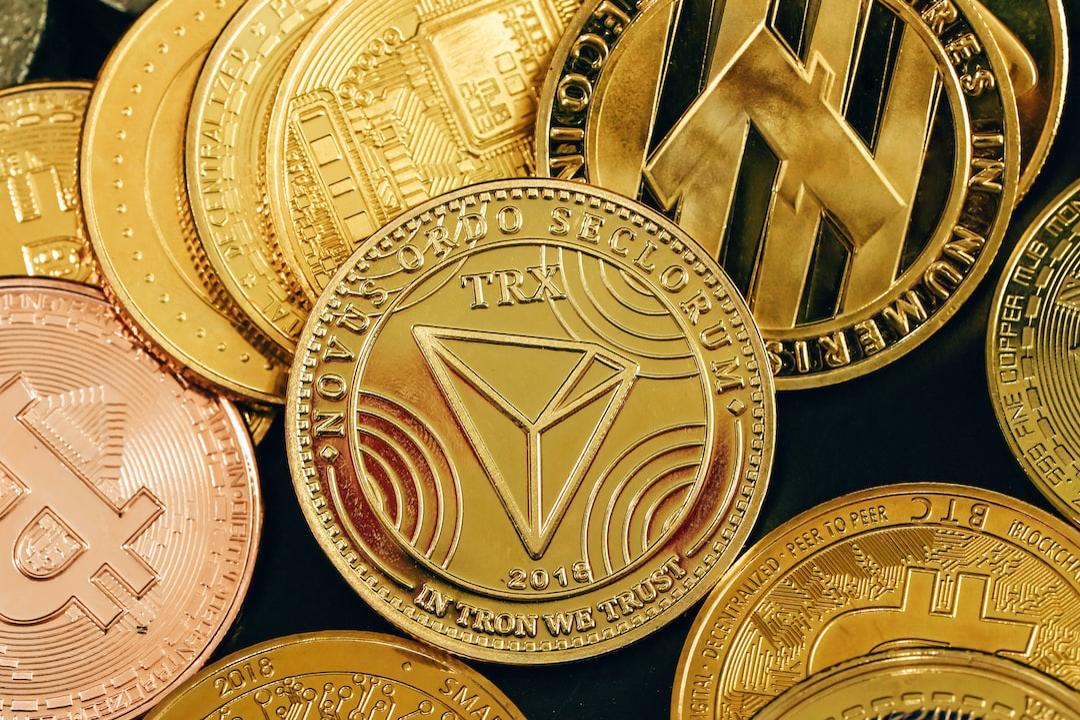Disclaimer: The author’s opinions expressed in this article are their own and do not reflect the views and opinions of crypto.news’ editorial team.
Embarking on a journey into the world of decentralized finance is like exploring a vast and unfamiliar wilderness. Unlike traditional finance, decentralized finance (defi) offers a platform where individuals can do more than just consume financial services; they can actively participate, make decisions, and even innovate. For beginners, this is an exciting but complex terrain. Structured education is not just helpful—it’s essential. It acts as a compass in the expansive and sometimes bewildering landscape of defi.
Defi holds the promise of financial transactions without the need for traditional intermediaries, offering greater efficiency and reduced costs. More importantly, it has the potential to democratize finance. Defi directly provides essential services to consumers through blockchain-based smart contracts in regions where traditional banking systems are inadequate. However, this empowerment comes with significant challenges.
Despite the total value locked (TVL) in defi protocols experiencing massive fluctuations, peaking at over $180 billion in late 2021 and currently adjusting to around $40 billion as of mid-2023, according to data from DefiLlama, this growth indicates strong engagement while also highlighting a significant gap in understanding.
Demystifying Defi: Mastering the Basics
Venturing into defi without understanding its underlying technology is like navigating without a map. Structured educational programs help demystify this complex system by teaching the fundamentals of blockchain, cryptocurrencies, and smart contracts in relatable terms. This foundation is crucial as it enables learners to grasp why defi can function without traditional banks and how it offers enhanced transparency and security. This knowledge is practical, equipping beginners to make informed decisions and effectively manage their digital assets.
Risk Management: Navigating Safely
Autonomy in defi comes with significant responsibilities. The freedom to make financial decisions also entails the risk of costly mistakes. Education in this field provides critical risk management strategies and helps learners understand the volatility of crypto markets. For instance, beginners learn about impermanent loss, the importance of due diligence, and how to identify potential scams—common pitfalls in the defi space. This knowledge is vital as it protects individuals from financial setbacks that can occur when enthusiasm surpasses understanding.
Bridging the Gap Between Theory and Practice
Understanding defi concepts theoretically is one thing; applying them is another. The best defi education bridges this gap through interactive learning—simulations, real-world case studies, and even sandbox environments where beginners can practice transactions in a controlled setting. This hands-on approach is crucial for internalizing knowledge. It transforms theoretical understanding into practical skills, enabling learners to confidently and competently engage with real defi platforms.
The Collective Learning Experience
Venturing into defi doesn’t have to be a solitary journey. Structured education often includes access to a community of learners and experts. This network serves as a dynamic support system where beginners can ask questions, exchange ideas, and share insights. Such communities enhance the learning experience, keep members updated on the latest developments, and provide a forum for collaboration. In the rapidly evolving world of defi, being part of a knowledgeable community helps individuals stay agile and informed.
Defi Literacy is More Crucial Than Ever
The need for defi education arises from the sector’s rapid evolution and increasing relevance to everyday financial activities. As more financial instruments migrate to blockchain platforms, the line between traditional finance and defi becomes blurred. Individuals who understand defi are better equipped to take advantage of emerging opportunities in this new financial paradigm.
Moreover, the global nature of defi makes it a powerful tool for financial inclusion. Traditional banking systems often exclude vast segments of the population due to strict requirements or geographical barriers. Defi, accessible to anyone with an internet connection, offers a viable alternative. Education in this sector equips people worldwide with the knowledge and tools to access financial services that were previously out of reach, fostering greater economic empowerment.
The Path Forward
The future of finance is increasingly decentralized. For beginners, entering this new territory with a comprehensive defi education is not just beneficial—it’s imperative. This education goes beyond mere participation; it’s about thriving in a digital economy where those who understand and leverage defi principles can influence and lead.
Those on the cusp of this financial revolution must remember that knowledge is power. In the context of defi, this holds true. Understanding how to navigate this landscape can give you unprecedented control over your financial destiny. But it all starts with education—structured, comprehensive, and continuously updated to keep pace with the rapid evolution of defi.
Therefore, structured defi education is not just about learning; it’s about transforming participation in the global financial ecosystem. It’s about preparing for a future where finance is not only digital but also decentralized, democratic, and diverse. This is why a structured educational approach is indispensable for anyone looking to navigate the promising yet complex world of defi.

